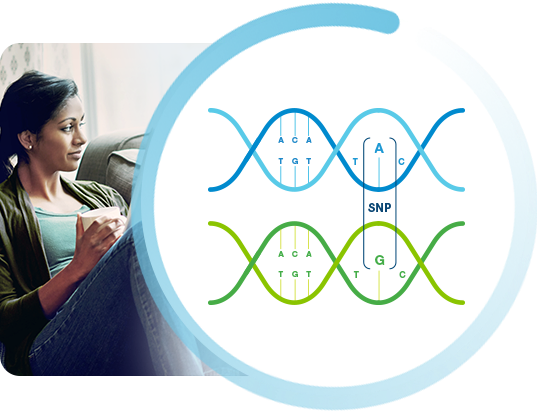- Section 1
-
Lesson 1
-
Last Lesson Experience

Twins
Course 4 of 4 in Fundamentals of Genetics
Understand genetic testing considerations in multiple pregnancies effectively
The Twins course is designed to help healthcare providers, genetic counselors, and clinical staff understand the unique considerations, challenges, and best practices for genetic testing in multiple gestations. Multiple pregnancies, including dizygotic (fraternal) twins and monozygotic (identical) twins, present special circumstances for prenatal screening, risk assessment, and result interpretation. Learners will begin by reviewing the biology of twin pregnancies, including zygosity, chorionicity (shared or separate placentas), and amnionicity (shared or separate amniotic sacs), and how these factors influence genetic testing strategies and outcomes.
The course explores noninvasive prenatal testing (NIPT) for twins, including challenges such as low fetal fraction from one twin, vanishing twin scenarios, and interpreting combined cell-free DNA signals. Participants will learn how SNP-based methodologies, such as those used in Panorama NIPT, can distinguish contributions from each fetus, detect chromosomal abnormalities, and assess zygosity to provide accurate risk assessment. Comparisons to counting-based methods are provided, highlighting limitations when analyzing multiple fetal genomes simultaneously.
Learners will also explore clinical considerations specific to twin pregnancies, including higher rates of aneuploidy, chorionicity-specific risks, and the impact of assisted reproductive technologies (ART) on genetic testing. Case studies demonstrate scenarios where one twin may have an abnormal result while the other is normal, and learners are guided on how to interpret such results, provide patient counseling, and recommend appropriate follow-up testing or diagnostic confirmation when indicated.
The course emphasizes patient-centered counseling strategies for twins, focusing on explaining complex results in clear, empathetic language. Participants will practice addressing questions about potential outcomes, recurrence risk, and options for follow-up testing, ensuring that patients feel informed and supported throughout the process. Ethical considerations are also discussed, such as navigating results when one fetus is affected and the other is not, and communicating findings with sensitivity.
Interactive modules include sample twin case studies, pedigree exercises, and scenario-based decision-making activities, helping learners understand how to apply knowledge to real-world situations. The course also reviews Natera’s product-specific guidance for twin pregnancies, including recommendations for Panorama NIPT, Horizon carrier screening for parents, and preimplantation testing with Spectrum™.
By the end of the course, participants will be able to describe the biology of twin pregnancies, identify challenges and limitations of genetic testing for multiple gestations, interpret results accurately, and provide clear, empathetic counseling to patients expecting twins. They will leave confident in integrating twin-specific considerations into clinical workflows, ensuring accurate testing, informed decision-making, and optimal patient care.
